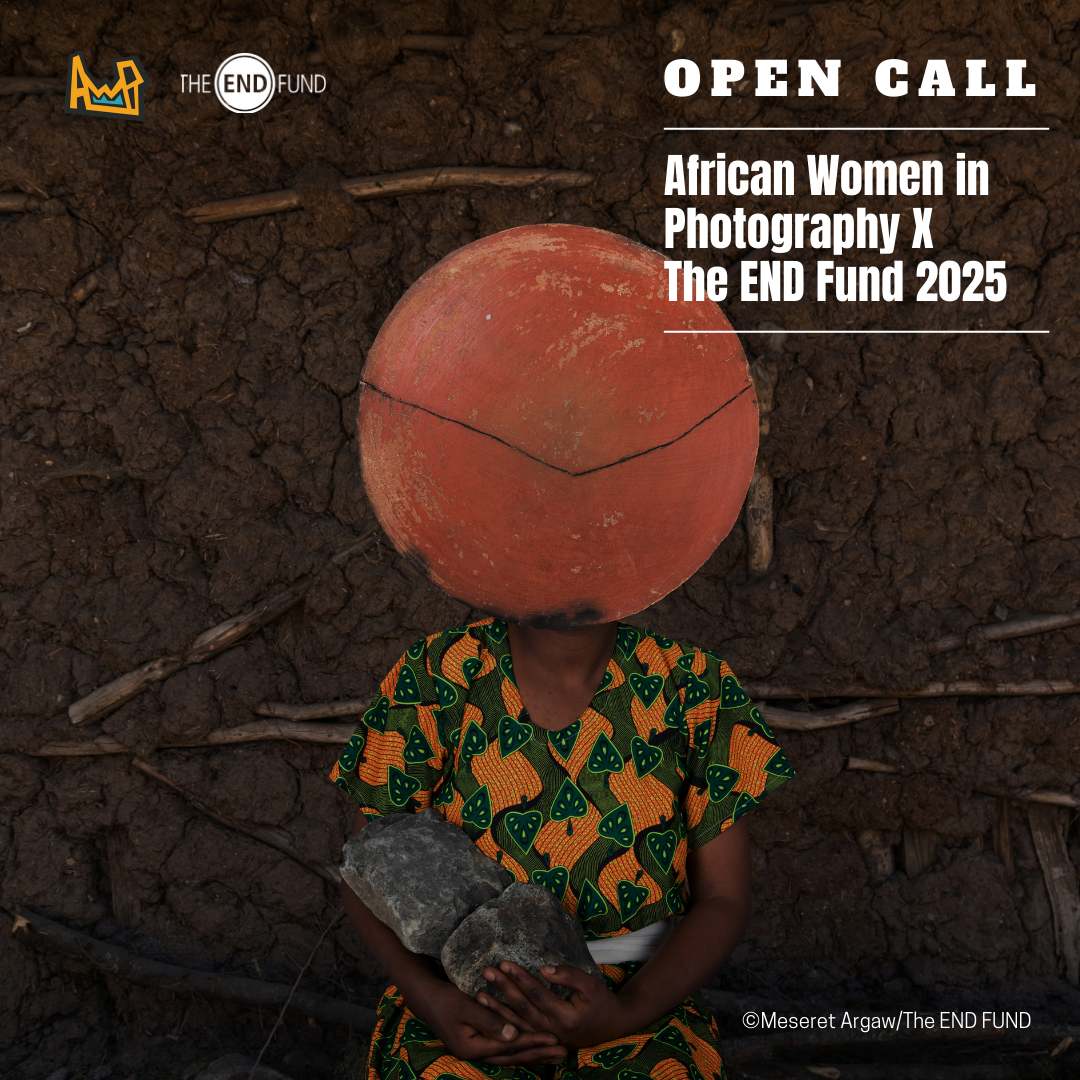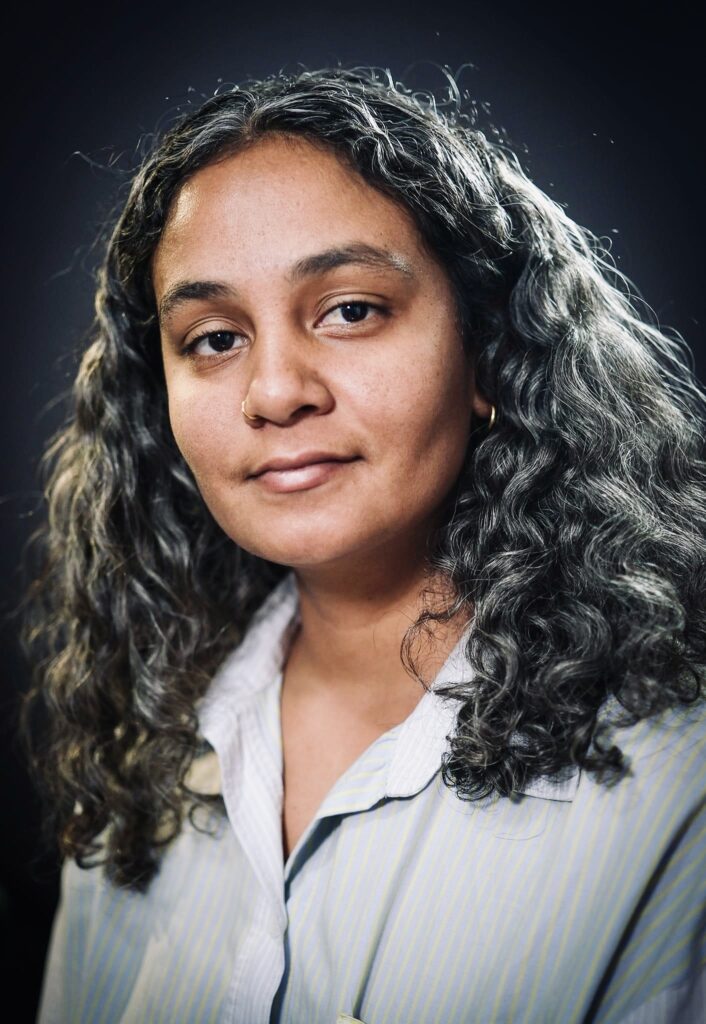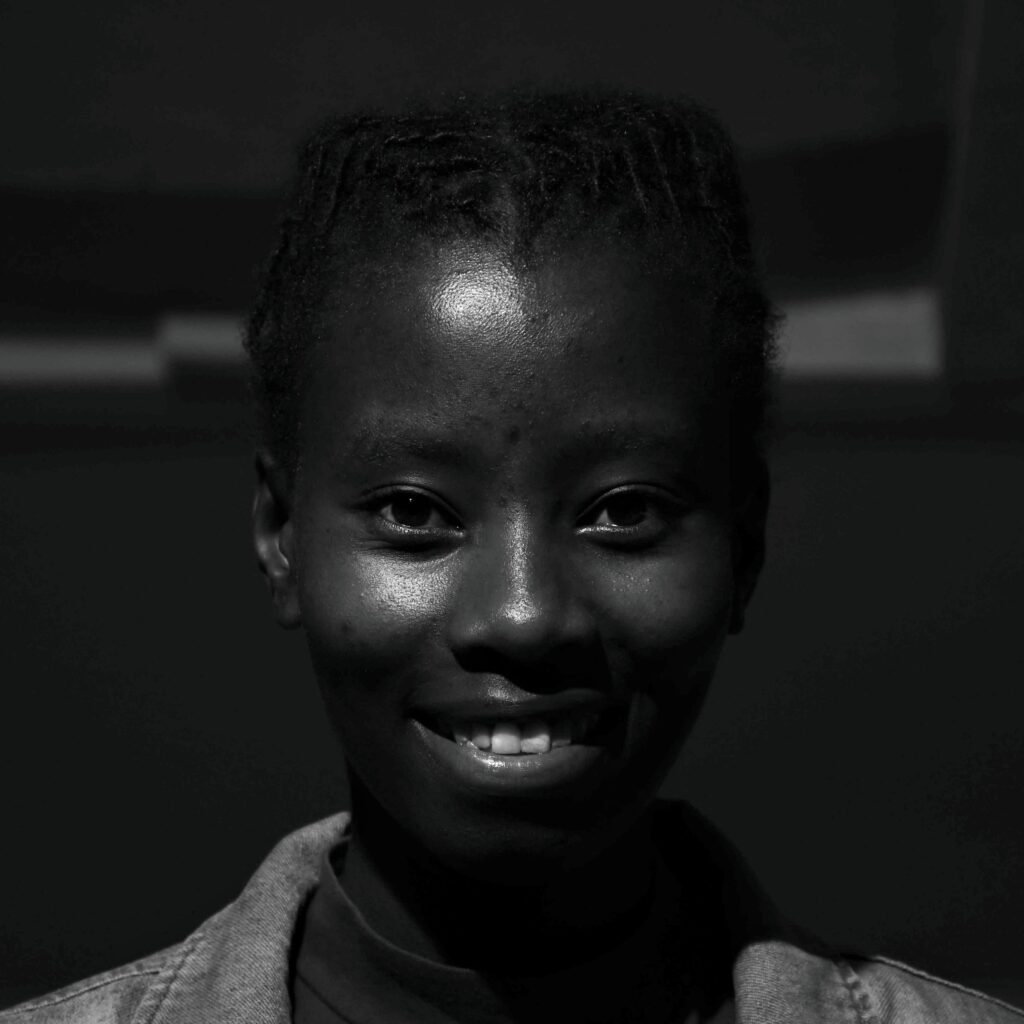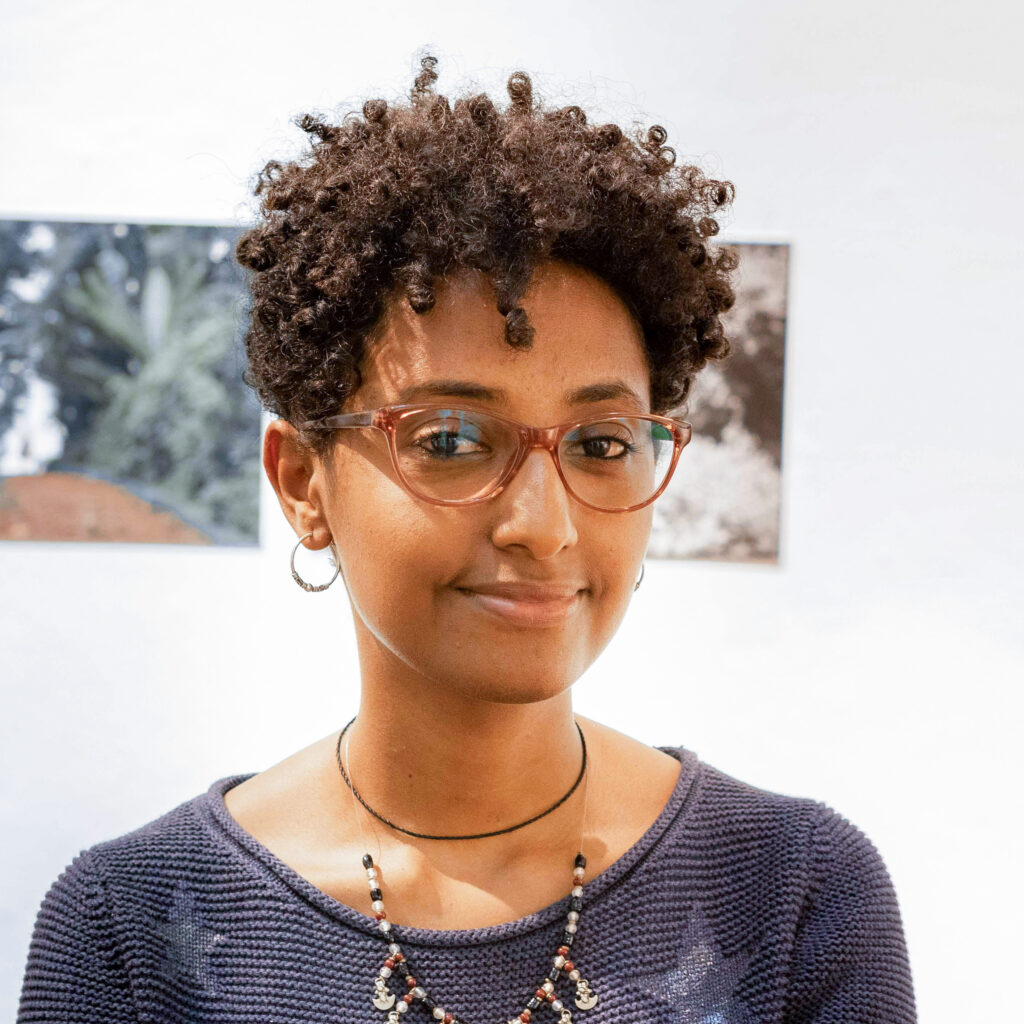Open Call for Lens-Based Work: African Women in Photography x The END Fund 2025
This year, African Women in Photography (AWP) and the END Fund are partnering to commission five artists to create a new body of work that explores the impact of neglected tropical diseases (NTDs) on African women and girls — and the call for proposals is now open!

The Impact of Neglected Tropical Diseases on African Women and Girls
In early 2025, AWP and the END Fund sought proposals from African women photographers for lens-based works centered on highlighting the stories and lived experiences of African women and girls affected by NTDs in the END Fund’s program countries.
Proposals blend the use lens-based media (photography, film, and other multimedia formats) as a core component and focus on at least one of the six NTDs the END Fund seeks to end: intestinal worms, schistosomiasis, river blindness (onchocerciasis), lymphatic filariasis (elephantiasis), trachoma, and visceral leishmaniasis (kala-azar).
Meet the participants!





The partnership with AWP marks the second time the END Fund has worked with photographers from across the African continent to create a body of work that highlights the need to end NTDs. In 2023, the END Fund, with support from the Reaching the Last Mile Fund, unveiled Reframing Neglect, a collaborative body of work featuring a mix of fine art and documentary photography from seven African photographers, curated by world renowned artist Aïda Muluneh. Hear directly from these artists about the importance of art in visualizing issues such as those that NTDs cause and how their collections came to life.

